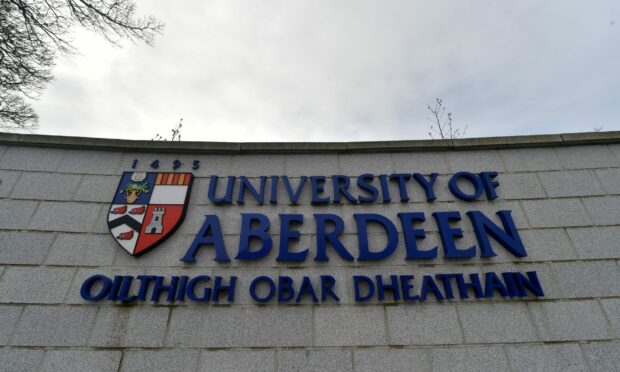Aberdeen University has defended its decision to slap a trigger warning on the famous poem Beowulf.
The epic poem, which is thought to have been written between 700-1,000AD, tells the story of Scandinavian hero Beowulf, who gains fame as a young man by vanquishing a monster and its mother.
While an aging king, he kills a dragon but dies soon after, in which he is honoured and lamented.
More than 30 warnings issued for course
However, Aberdeen University believes that it might be too “distressing” for students on the Celtic and Anglo-Saxon Studies course to read.
The university has put more than 30 warnings on the Lost Gods and Hidden Monsters of the Celtic and Germanic Middle Ages module, including one that “there will also be monsters”.
A warning to students said: “Texts studied on this course contain representations of violence, coercion, animal cruelty or animal death, incest, suicide, explicit sexual content… ableism.”
Concerns about content
The definition of ableism is “discrimination in favour of able-bodied people” and in the poem, monster Grendel is described as being “infirm”.
In November last year, the university warned students about a number of classics, including novels by Charles Dickens, William Shakespeare and Robert Louis Stevenson respectively.
Despite this, the institution confirmed that no books have been withdrawn from any course due to concerns about their content.
Last year students also voted for trigger warnings in lectures.
Trigger warnings – ‘may actually make things worse’
Trigger warnings are to alert people that something distressing is upcoming, however, some research has suggested: “They have little or no benefit in cushioning the blow of potentially disturbing content, finding that they may actually make things worse.”
An Aberdeen University spokeswoman said: “This approach enables us to explore controversial topics that could otherwise be difficult to address in an inclusive and supportive environment.
“Our guidelines on content warnings were developed in collaboration with student representatives and we have never had any complaints about them – on the contrary students have expressed their admiration for our approach.”



Conversation